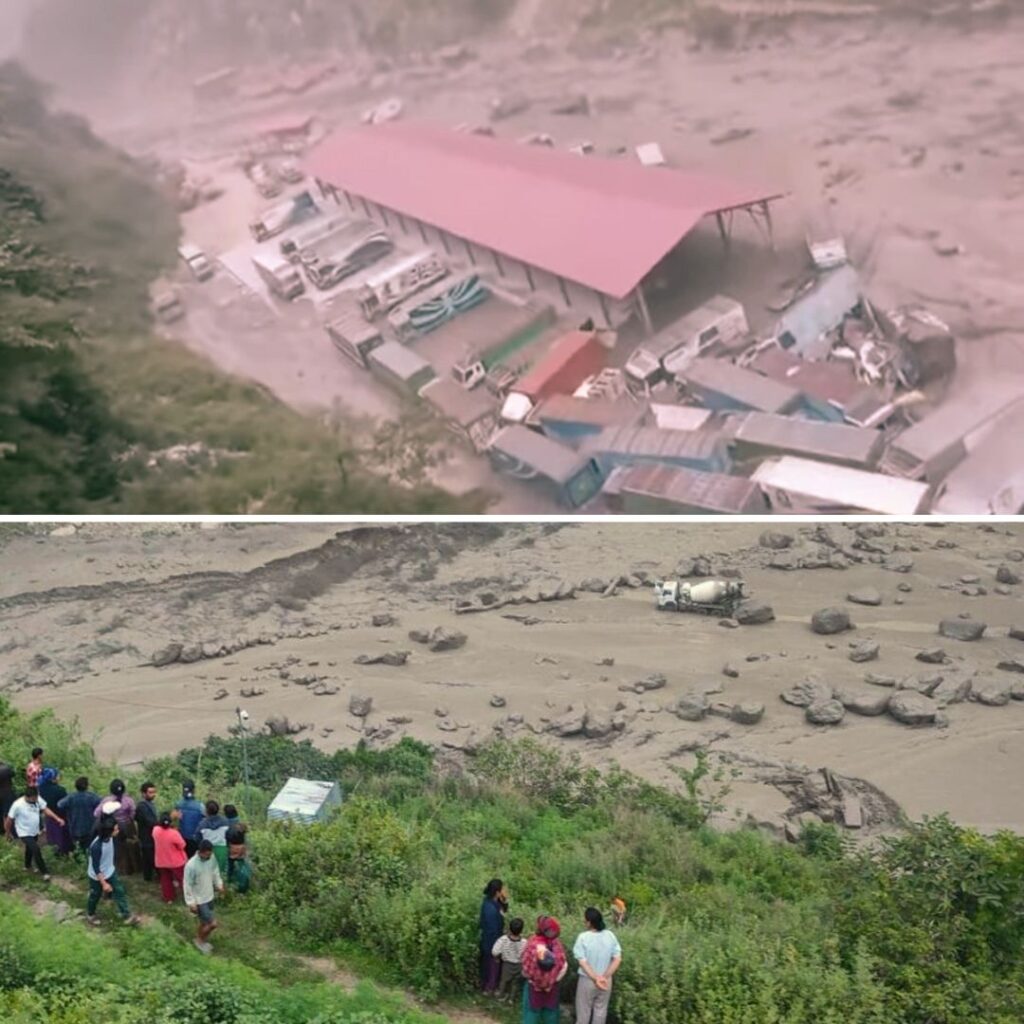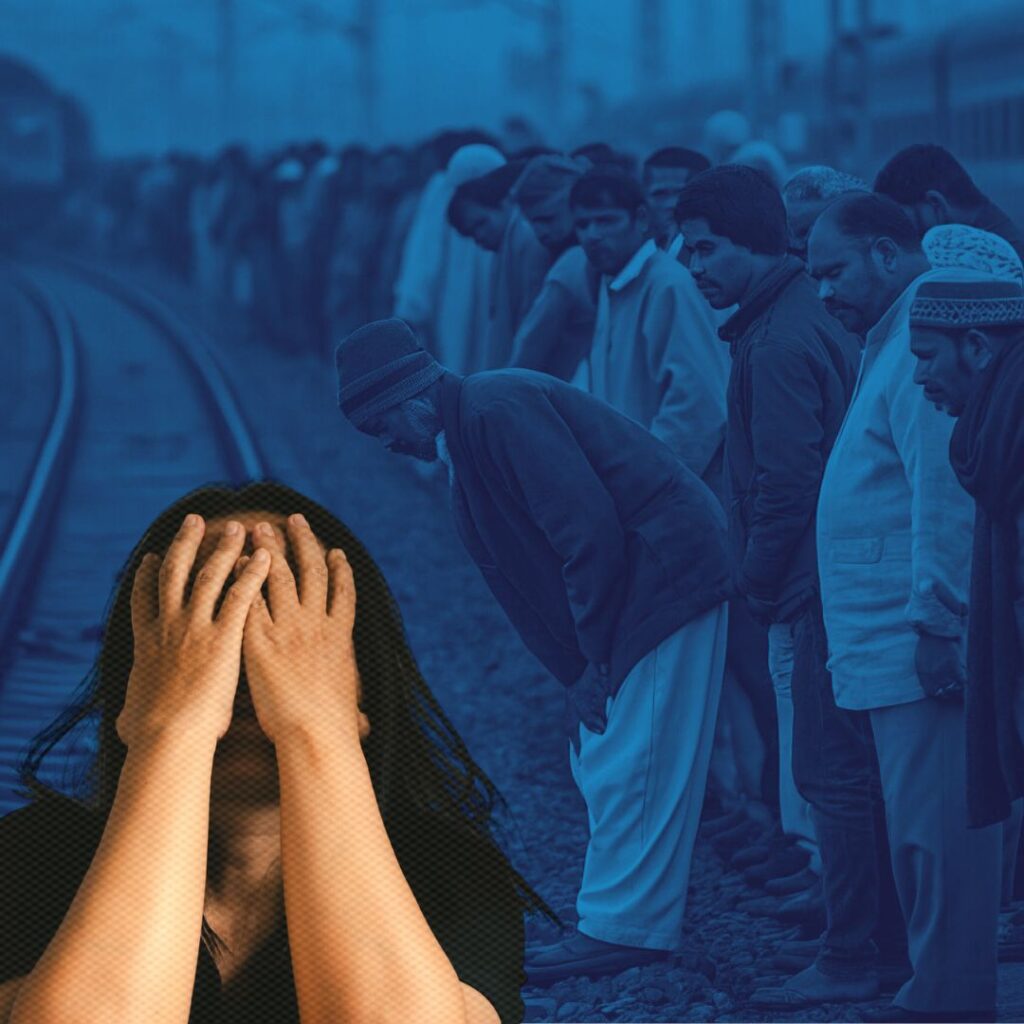Rule of Law index by the World Justice Project shows that India has made improvements under the
Prime Ministership of Mr Modi however, it still has a long way to go.
The latest “Rule of Law Index” report by World Justice Project, a Washington-based non-profit research organisation has ranked India 66th among 113 countries. The topic of research is crucial and focuses on analysing the restrictions available through the legislations and implementation processes over the arbitrary exercise of power by state and non-state actors in the governance of the country. Mr Ponce the head of this project said that this research was essential as the lack of rule of law discourages investment and economic growth.
The report indicates that India has made considerable progress in terms of increased transparency and accountability within the governmental institutions, however ‘security and political violence’ are two issues that remain widely unresolved.
Although compared to the previous years India’s rank has improved, 11 more countries were added this year that has again slipped India seven places behind to the rank of 66th. The report mainly concentrates on 44 indicators such as fundamental rights, order and security, constraints on government power, corruption, regulatory enforcement and civil justice, and criminal justice. The survey was a comprehensive documentation process conducted on 10,00,000 local and expert individuals. The report has carried an intensive study into the ways in which Indians deal with state subjects such as the police, courts and government in their daily lives.
In the category of open government, India’s average score has improved from 0.53 in 2014 to 0.66 in 2016. The credit for this goes to the pro-active efforts of the Modi government in digitalisation. The launch of the engagement portal ‘mygov.in’ since 2014 has created a conducive platform for citizens to be more actively involved in the governance process.
India scored better than last year in “constraints on government powers”–measuring the effectiveness of institutional checks on government power through the legislature, judiciary, and independent auditing and review agencies. However, it performed poorly in comparison to last year in ‘safeguarding fundamental rights’ which includes sub-themes such as the ‘effective enforcement of the right to life’, rights of the accused and fundamental labour rights. The South Asian nation’s score overall, declined on ‘order and security’ ranking in the bottom tercile with countries like Kenya, Afghanistan and Pakistan for conventional crime and political violence.
As for the reports on India’s neighbouring countries; Nepal ranked 63rd, three places ahead of India while Pakistan was at a lowly 106th in the top bottom eight of the global rankings. The country was also ranked as the worst in providing access to civil justice and declared to be the least orderly and secure of the 66 countries ranked in the 2011 index.
India must seek to create more viable and safe forums for the citizens to actively engage with the government. The implementation of laws is deplorable and needs to be addressed effectively through awareness programmes, education and a conscious state authority. Access to justice must be improved by finding solutions to issues like corruption and nepotism.











